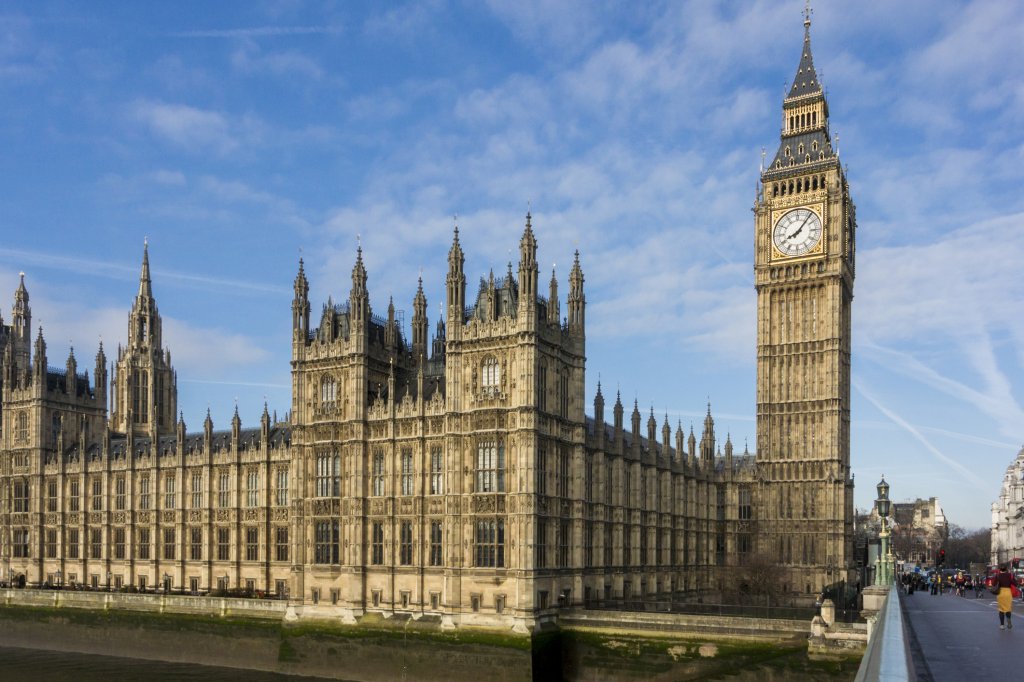The phrase 'cost of living' has appeared over 500% more frequently in national media since Oct 2021.
Challenges for government & businesses around cost of living communications
News that Downing Street is poised to launch a marketing campaign giving consumers tips on how to bring down the cost of their household bills signals a significant shift in government communications.
The previous two governments were averse to appearing too interventionist in advising people how to go about their daily lives. There were several reasons for this; first and most intuitive was simply because the idea of ‘nannying’ people is anathema to conservative principles. Put simply, it was not felt that it was the government’s job to give advice on personal decisions about household finances.
Second, there was a growing acceptance that the public were fatigued from pandemic messaging, and the proliferation of branding around “being all in this together”. It became inauthentic, and there was a risk this could repeat itself given so little time had elapsed.
Third, there were examples of when businesses tried to guide people on how to reduce their bills and it misfired. For example, in January of this year OVO Energy had to apologise for directing customers of an energy company it owns, SSE, to a blog that recommended having “a cuddle with your pets” or “doing a few star jumps” to keep warm.
Few would cast any doubt that this was well-meaning, but it served as a good example of the importance of reading the public mood correctly and responding with empathy.
The economic headwinds have continued to deteriorate, more than many predicted less than 12 months ago. A government led campaign, which arguably few would ever have quibbled with, seems more justifiable now as we head into the most challenging winter for families across the UK in recent memory. In short, the benefit of nudging people to decisions which could improve their household finances outweighs the risk.
The government’s approach and the need for businesses to act
Recent governments have generally looked kindly on businesses stepping up to help consumers.
During Covid, the government encouraged the private sector to help encourage people to get jabbed, with companies like Uber offering free lifts to vaccine centres. Earlier this year, the government appointed a Cost of Living Business Tsar to work with the private sector to “develop and promote new and existing business-led initiatives that support people with rising costs of living.”
Social tariffs are a good example of an area where the government was keen for businesses to do more. The Culture Secretary at the time wrote to internet service providers back in April encouraging them to step up to the task of helping their vulnerable customers. Even here though, there are messaging challenges. Would customers paying full bills see the subsidised rates as generous when they were struggling themselves? Would their bills rise to keep others’ low?
The lesson for businesses is that the cost of living crisis does not lend itself to straightforward communications. Expectations of businesses are higher than ever before, with greater scrutiny of both words and action. But with the cost of living now appearing over 500% more frequently in national media since October 2021, sitting out is not a viable option.
Success stories: how businesses have been tackling the cost of living crisis
Whilst it might be daunting, clear and informed objectives not only safeguard against reputational threats, but also identify opportunities. As long as an organisation’s aims align with its communications, they can define their positive contribution to society and lead change. And there has been no shortage of innovative and successful initiatives stepping up to this challenge.
Lots of businesses announced one-off payments to help staff with the cost of living. Iceland launched interest-free microloans to help struggling customers with their weekly shop. OVO Energy redeemed themselves with an offer to pay their customers £100 to use high energy appliances at off peak times. This increased their share of voice in all coverage from an average 20% to 75%.
And some places have utilised indirect communication to tap into consumer sentiment. Zara started offering repair services in store, identifying that some of their customers felt guilt about their green credentials falling by the wayside because of squeezed disposable incomes.
Amazon launched a back-to-school campaign which didn’t mention the word ‘inflation’ but did recognise parents were facing a uniquely challenging time, and directed them to specific services, highlighting the scope to leverage indirect communications to be empathetic.
There is a huge amount of scope for businesses to make a positive impact, and it is unlikely to go unnoticed by the government. Whilst well-intentioned communications can still backfire, with a clear, simple and transparent strategy there is a world of opportunity out there going into 2023.
—
More than ever before, businesses are faced with higher expectations and greater scrutiny of both their words and actions. To be resilient, businesses must define their positive contribution to society and lead change both up and down their value chains, especially in major crises.
Our reputational resilience diagnostic tool helps you understand how and where you need to rewire your approach to reputation in a world characterised by uncertainty and disruption.











